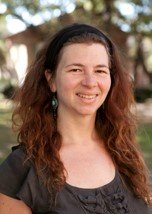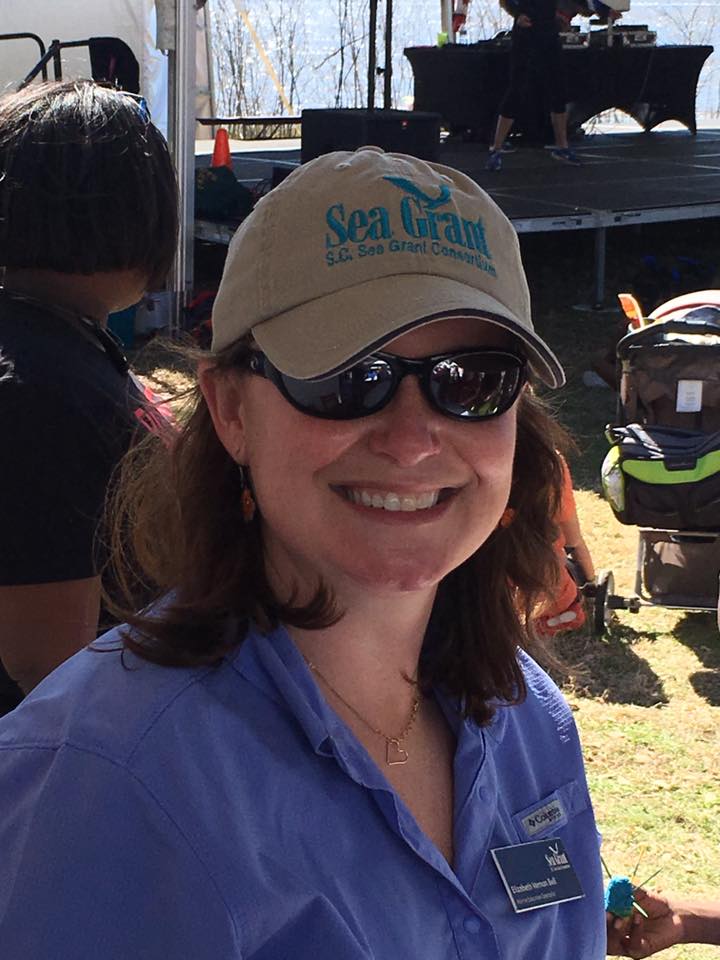Faculty and Staff
As an interdisciplinary program, the EVSS Program is not housed in a single academic department at the College of Charleston. Instead, multiple departments (Biology, Geology and Environmental Geosciences, Mathematics, Physics and Astronomy, Political Science, and Economics) contribute core and elective coursework and faculty time to the program. Faculty from many other departments and off-campus institutes and agencies are an invaluable part of the EVSS Program as well.
Department Highlights
While our faculty may come from all across the College of Charleston and the Charleston area, they are nevertheless committed to seeing our students succeed. The expertise, knowledge, and dedication that our faculty bring to our program is what makes our students succeed in whatever facet of environmental studies they choose to pursue. View the flyers below to learn more about some of our active College of Charleston faculty broken down by discipline.
Faculty and Staff Spotlights
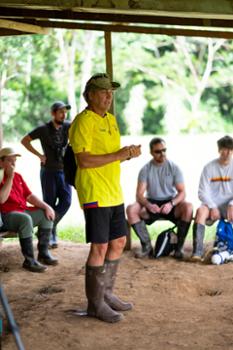
William Veal
Dr. William Veal has been a CofC faculty member for 17 years. He recieved his Bachelors in Chemistry and Spanish from Trinity University, a M.S. in Chemistry and M.Ed Science Education from University of Utah, and a Ph.D in Science Education from University of Georgia. Dr. Veal's research interest's include creativity in science education, cross-cultural science education, and reform-based science education reflecting standards for preservice teachers. He loved taking EVSS graduate students to Ecuador to study sustainability and wants to be able to offer this in two years to both graduate and undergraduate students.
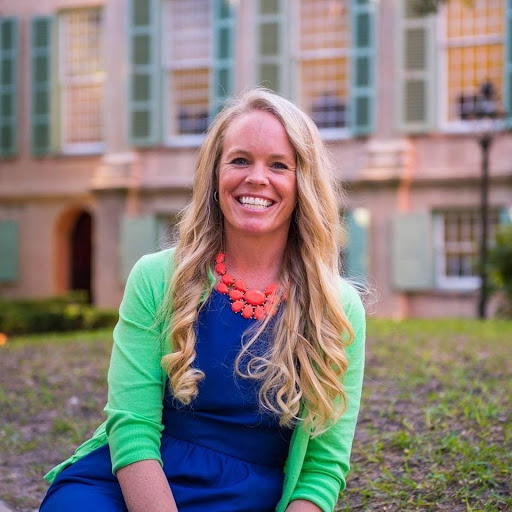
Leslie Hart
Dr. Leslie Hart is an Associate Professor of Public Health and the Program Director for the Bachelor of Arts, Public Health at CofC, and is also an alumni of the EVSS program! This is her seventh year as a faculty member, and she taught as an adjunct professor for the EVSS program prior to her full time position. Dr. Hart’s overarching OneHealth research theme focuses on environmental exposure to endocrine-disrupting chemicals, with particular emphasis on phthalates. As an environmental epidemiologist, she is interested in factors contributing to phthalate exposure and associated health impacts, with an emphasis on two study populations: bottlenose dolphins and college-aged students. A current project Dr. Hart is working on is “Assessment and characterization of phthalate and microplastic exposure in bottlenose dolphins”. Dr. Hart just finished working with EVSS alumni Miranda Dziobak on her master’s thesis and plans to continue working with her throughout her Ph.D. at the University of South Carolina.
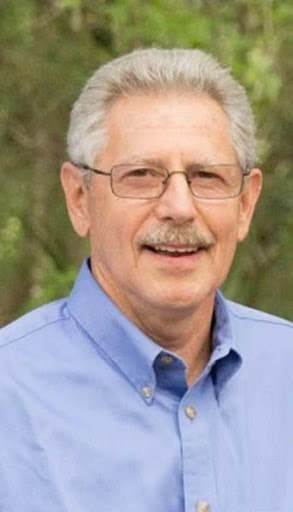
Paul Sandifer
Paul Sandifer graduated from the College of Charleston with a BS in biology in May 1968 and received a Ph.D. in Marine Science from the University of Virginia in 1972. He has worked full time for SCDNR for 31 years, followed by nearly 12 years at NOAA while also serving as a part-time Graduate Faculty member at CofC since 1980. Dr. Sandifers most recent work has concentrated on ocean health-human health linkages, human health impacts of disasters including the massive Deepwater Horizon oil spill in the Gulf of Mexico, climate change impacts to human health and coastal areas, ocean/science policy, and engagement of the public in these areas. He is currently working with Judy Taylor as her thesis advisor on a project entitled “EJ Strong: Strengthening Communities for Disaster Risk Reduction, Response & Recovery in South Carolina”.
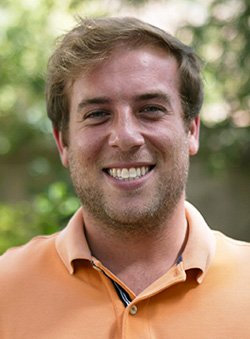
Matthew Gorstein
Matt Gorstein serves as a faculty member at CofC, and has also been employed by S.C. Sea Grant Consortium since 2019. As the Consortium’s Assistant Director for Development and Extension, Matt coordinates the efforts of extension staff members. Matt previously served as a Teaching Assistant at the University of Florida teaching undergraduate students, which he believed has helped improve his ability to now teach graduate students. “Throughout 2016-2018 I provided lessons and technical assistance to Micronesian fishing communities as it relates to collecting and analyzing socioeconomic data through surveys. Consistent technical assistance resulted in two separate weeklong workshops: one in Palau and one in Yap (Federated States of Micronesia). For each of these workshops, I developed lessons, hands-on exercises, quizzes, and evaluations to train participants in conducting socioeconomic research. This included lessons on interviewing protocols, confidentiality, personally identifiable information, data collection, questionnaire development, data entry, descriptive statistics, and inferential statistical analysis.”
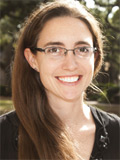
Dr. Courtney Murren
Courtney has been a faculty member at CofC for 16 years. She received her undergraduate degree from Mt Holyoke College and her PhD from the Department of Ecology and Evolutionary Biology at the University of Connecticut. She also had post-docs at the University of Tennessee Knoxville and University of Maryland. Courtney is broadly interested in plant ecology, evolutionary ecology, mutation biology, phenomics, invasive species, conservation biology and quantitative approaches in biology – and has active projects in all these areas. Courtney loves teaching Environmental Biology and Plant Ecology, and enjoys working closely with students as their main advisor or on their research committee.
Dr. Annette Watson
Dr. Watson has served at the College for over a decade. She has served as a faculty member of the Political Science Department since 2008 and as the EVSS Program Director since 2016. She conducts research in the Lowcountry as well as in Alaska. Her research surrounds environmental management, community sustainability & resilience, and co-production of knowledge. Dr. Watson enjoys mentoring students that seek to investigate social systems through community engagement and social science methods.
Elizabeth Vernon (E.V.) Bell
EV Bell serves as the Marine Education Specialist at South Carolina Sea Grant Consortium, while also being an adjunct faculty member for the EVSS Program. EV is an alumna of the EVSS Program as well! Her career after graduating focuses on promoting environmental education in the state, through programs such as From Seeds To Shoreline® (S2S) Program and the Palmetto Environmental Education Certification (PEEC) Program. EV has served as an advisor to EVSS alumni and is currently advising EVSS/MPA student Amanda Namsinh. Her appreciation of the marine environment fuels her efforts to educate curious minds of all ages across the state.
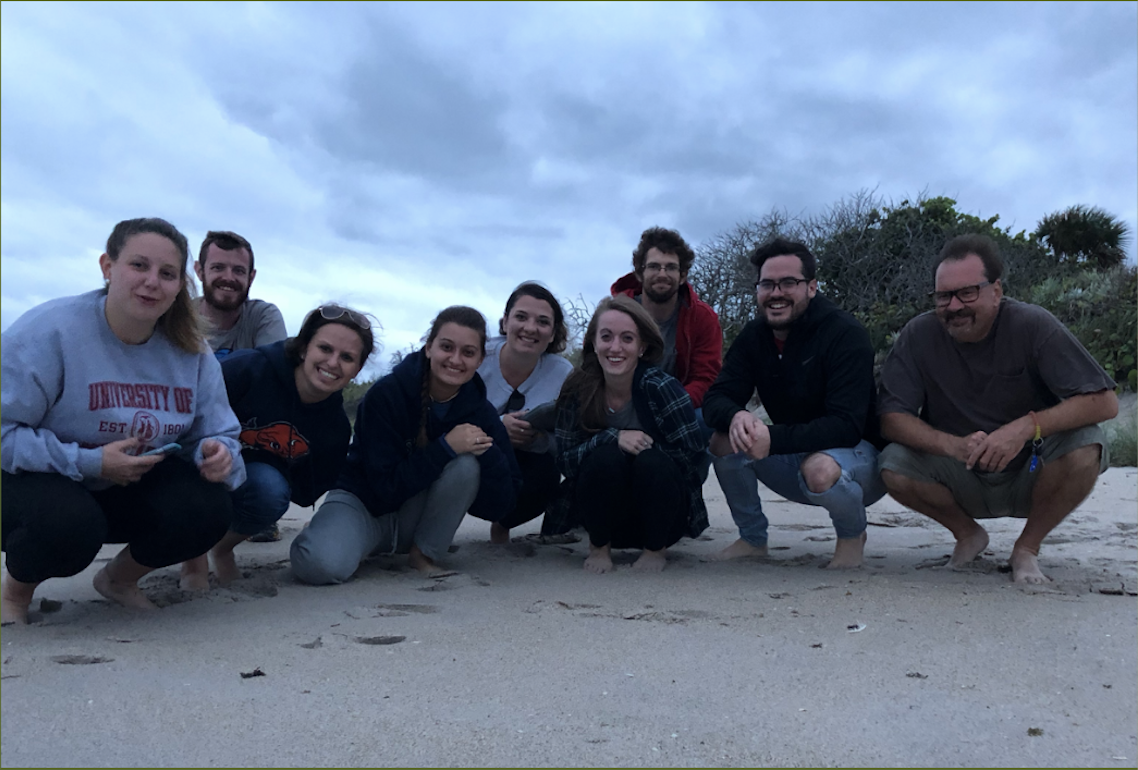
Faculty member Dr. Andy Shedlock elaborates on his mission to teach about predictive environmental genomics and biodiversity science, with courses such as Marine Tetrapod Biology, Conservation Genetics and Genomics, and his new special topics course Biodiversity Management. In his newly developed Biodiversity Management class this semester, Dr. Shedlock aims to spark innovative approaches to preserving biological complexity and diversity in nature through his emphasis of the 4 C's: critical thinking, communication, collaboration, and creative problem solving. His research focuses on teh effects of anthropogenic stressors on coastal species and examination of gene expression in relation to resilience. His is also an active advisor and frequent thesis committee member within the EVSS community!
Martin Jones
Dr. Martin Jones is retiring after 30 years of being with the College and 15 years of partnering with the EVSS program. Dr. Jones taught Environmental Statistics for the EVSS program, teaching students how to become more confident with working with large data sets and writing/reading statistic literature. As the field of statistics has evolved, it has also become a large componenet of many other disciplines, such as environmental studies. Dr. Jones also worked with many students as a committee member to assist them in their thesis or internship work.

Professor Zac Hart
Professor Hart graduated from the CofC EVSS Program in 2003 and then spent almost 15 years working in the environmental field, in both nonprofit and federal government workplaces. Currently serving as adjunct faculty, Prof. Hart is teaching the "Ecosystem Services and Human Health" graduate course.
Professor Hart is in the final phase of a Ph.D. program in Environmental Health Sciences at the University of South Carolina. His dissertation research falls in the category of environmental risk communication. Specifically, it aims to identify Charleston residents' needs and preferences related to water quality advisories in our area. This is important because of growing water quality problems in Charleston, combined with significant use of coastal waters for recreation, could be a recipe for public health issues.
Zac considers himself lucky to be involved with the new Oceans and Human Center for Climate Change Interactions headquartered at USC. This organization is funded by a grant from National Institutes of Health and includes a variety of projects focused on understanding how climate change might influence the effects of disease-causing organisms and other pollutants in aquatic systems. Specifically, he is involved in the "Community Engagement" team, which is tasked with translating and communicating the project's scientific findings for various audiences.
His wife, Dr. Leslie Hart, is also faculty at CofC in the Public Health Program. They first met at CofC back in 2001 when they both began the EVSS Program.
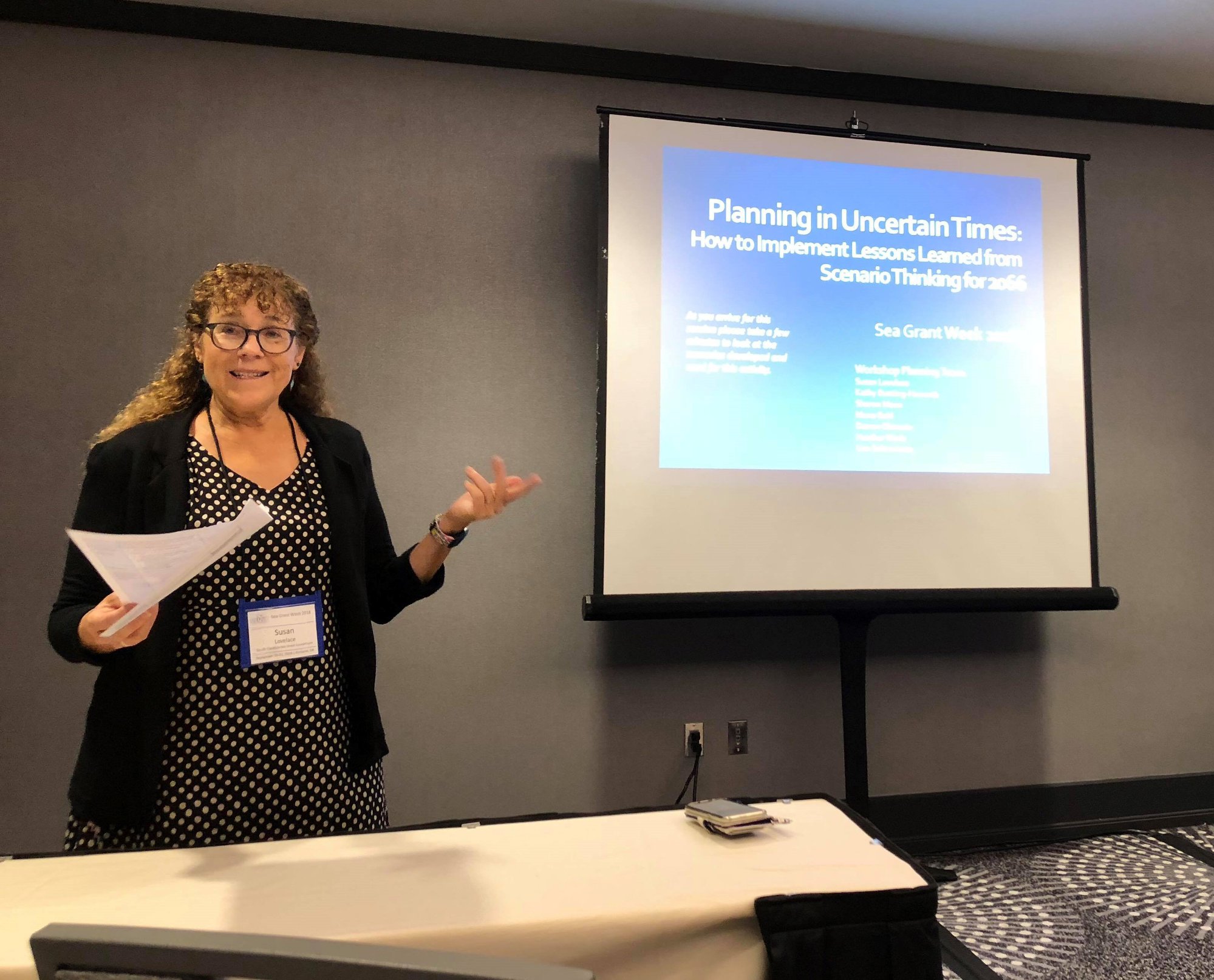
Dr. Susan Lovelace
We would like to congratulate Susan Lovelace for being named the Outstanding Faculty Member of the Year at the 2018 ExCEL Awards. Dr. Lovelace serves as an adjunct EVSS faculty member while also working full-time as the Extension leader at the SC Sea Grant Consortium. Dr. Lovelace currently teaches EVSS 611: Graduate Core Seminar.
Although her primary interest lies in the Cultural Values of Ecosystem services, her work at the SC Sea Grant Consortium draws her in many different directions. She is currently covering topics including estuarine aquaculture, stormwater ponds, working waterfronts, and climate impacts. Her wide variety of interests makes her an ideal advisor for MES students seeking interdisciplinary research topics.
Dr. Lovelace has served as the primary advisor for 11 students and has served on 9 additional committees since 2012. She is currently available to serve on committees and guarantees to help students write proposals and locate funding. Dr. Lovelace expects students to organize their committee and work very hard to develop literature based proposals. Students are expected to adhere to a milestone chart for data collection, analysis and writing while understanding that there are opportunities and challenges along the way.
Dr. Lovelace is currently working on multiple projects with EVSS faculty and students. She is working with Dr. Nowlin and EVSS student Lee Bundrick on a project to test the use of deliberative discussion as a way to invest coastal residents in environmental discussion and decision-making. She is also working with Dr. Callahan and his students and Joshua Robinson to develop a project to create a watershed restoration plan for Long Branch Creek.
Additionally, Dr. Lovelace is wrapping up work with researchers from NC and VA. They are working to develop a susceptibility index for local communities to assess the public health susceptibility of their constituents due to loss of water and waste water systems in flooding conditions.
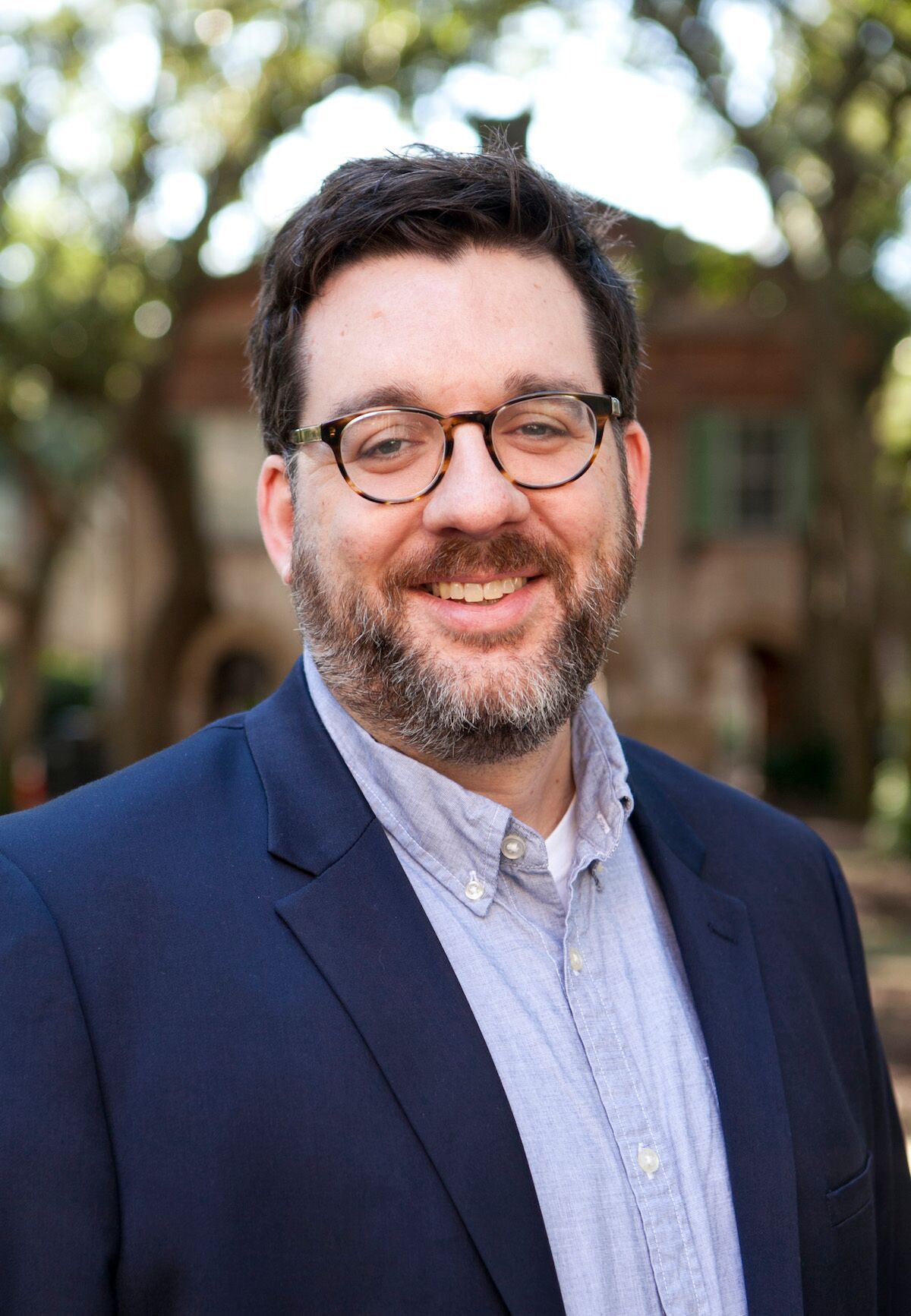
Dr. Matthew Nowlin
Dr. Nowlin has been at CofC just over 5 years, since the fall of 2013. He teaches EVSS/PUBA 602: Public Policy each fall and will teach EVSS 651/PUBA 551 Research and Management in Environmental Organization in the spring. This course is new and is required for concurrent EVSS/MPA students who entered the program in the fall of 2017 or later.
His research interests include the policymaking process, stakeholder engagement, and public opinion about energy and environmental issues at the federal, state, and local government level. He has several on-going projects including one with Susan Lovelace from Sea Grant that examines deliberative discussion among stakeholders, including the public, as a way to facilitate decision-making regarding coastal issues. Dr. Nowlin is also beginning a project that will explore stakeholder networks and collaboration at the state and local level.
Since 2013, Dr. Nowlin has supervised 9 thesis/internship projects and has served on an additional 19 committees. He really enjoys working with students in developing their research goals and projects. Dr. Nowlin will be on sabbatical in 2019-2020, and will not be accepting any new students until the fall of 2020. However, he is excited to work with students when he returns.







